Probably nothing
picture alliance via Getty ImagesIt should come as no surprise that the country with the single worst track-record for hyperinflation since World War II—Zimbabwe, whose local currency depreciated at a rate of 79,600,000,000% a month in 2008—has come up with another harebrained scheme to end its economic problems.
The southern African nation has begun minting one-ounce gold coins—and it wants citizens to use them instead of US dollars.
“We know what you have been going through in terms of the fear factor of [the Zimbabwean dollar] losing value, and therefore we are providing this gold coin,” John Mangudya, head of the Reserve Bank of Zimbabwe, told local media at an event introducing the Mosi-oa-Tunya coins, which are named after Victoria Falls, Zimbabwe’s best known attraction.
Interested in learning more? Subscribe to the Forbes CryptoAsset & Blockchain Advisor here:
He argued that because gold is a store of value, the coins will ensure that Zimbabweans no longer need to “run to the parallel market in search for foreign currency.”
There’s a lot to unpack there, so let’s start with a quick refresher on Zimbabwe’s currency adventures:
- The Zimbabwean dollar was introduced in 1980 and has always been a poor store of value. It succumbed to hyperinflation in the first decade of this century, when incompetent and corrupt officials printed successively larger banknotes in a futile effort to keep the currency alive.
- At the height of the crisis, the Reserve Bank of Zimbabwe was pumping Z$100,000,000,000,000 notes into the economy. Those notes were originally worth about US$33 on the black market, but before long they didn’t cover the cost of a bus fare in capital city Harare. (Ironically, they now fetch US$200 apiece on eBay as collectibles).
- The nominal values of the notes would have been even sillier were it not for four re-denominations of the currency—a process whereby the central bank recalls circulating notes and replaces them with new ones bearing significantly fewer zeroes.
- By 2009, no businesses would accept the Zimbabwean dollar, so the government stopped the money printers and allowed foreign currencies like the US dollar and the South African rand to enter circulation. This unlocked a period of relative economic stability, and the Zimbabwean dollar was formally demonetized in 2015.
- To absolutely no one’s delight, it then made a comeback in 2019 under the grandiose sounding name of the Real Time Gross Settlement (RTGS) Dollar. Three years on, this reincarnation has lost more than 99% of its value against the US dollar and Zimbabwe is once again battling triple-digit annual inflation.
Against this pitiful backdrop, it’s not so ridiculous for the Reserve Bank of Zimbabwe to promote an alternative monetary unit that can act as a store of value.
Gold arguably fits the bill, owing to its fixed supply and universal appeal in global financial markets. It’s certainly a better store of value than the US dollar, which has depreciated by 9.1% over the past year.
MORE FOR YOU
What doesn’t make sense, though, is why Mangudya thinks that extremely high-value, non-divisible coins can somehow be used as money in an economy where the average citizen earns US$230 a month. A credible attempt to monetize gold in this way would, surely, have involved distributing the metal’s smallest practical denomination: one-gram bars, worth about US$55 each. And, even then, their usefulness in day-to-day economic activity would have been highly restrictive.
The reality is that Zimbabwean officials have no illusions about Mosi-oa-Tunya coins improving their country’s situation. Only 2,000 units are being produced and almost no Zimbabweans will ever see one—let alone have the means to own one.
What will be achieved is the opening of a new channel for exporting domestic gold out of the country as legal tender.
Zimbabwe’s supposed monetary plan, in other words, is to make it easier for politically-connected elites to smuggle their ill-gotten gains abroad.
For anyone who’s had the misfortune of dealing with government officials in the country, this ulterior motive is as predictable as it is depressing. Zimbabwe ranked 157th out of 180 countries in the 2021 Transparency International Corruption Perceptions Index. Graft is endemic at every level of the public sector.
Mangudya’s claim that the Zimbabwean dollar is weak because citizens are flocking to the US dollar—and that this could be reversed if they held gold instead—is an unconvincing sideshow. In truth, the Zimbabwean dollar is weak because it’s a fiat currency that only retains its value if the people using it trust the issuer (the Reserve Bank of Zimbabwe) to manage the currency responsibly.
Unless they’ve been in a coma for the past two decades, no right-thinking Zimbabwean would be capable of holding their central bank in such high regard.
So what could Zimbabwe’s government do if it genuinely wanted to stabilize its beleaguered currency?
How to claw back credibility
The first option is to embark on a long, painful journey of democratic accountability and economic reform. That means not just holding fair elections and choosing noble leaders, but sweeping aside the legions of dishonest public officials whose primary motivation is greed. It goes beyond the scope of this article—and my expertise—to suggest how this can be achieved. Suffice to say, it’s a gargantuan task in a society where corruption has been fully normalized as part of public life.
The second, more pragmatic option is to remove the need for citizens to trust the Reserve Bank of Zimbabwe by allowing them to verify its claims and conduct. That means using independent, third-party auditors to quantify reserves and scrutinize operating practices.
If Zimbabwe wants people to believe that its local currency has a stable supply, then an outside body should monitor and disclose all print-runs of new notes.
The same applies if it wants people to believe that the currency is adequately backed by sovereign wealth: an outside body should quantify and disclose the hard assets—gold, silver, diamonds, US dollars and other foreign currencies—being held in the vaults of the central bank.
All this is possible, of course, without mentioning the word 'bitcoin.' But if Zimbabweans are serious about holding their government to account, there's no more powerful tool at their disposal. The bitcoin monetary network uses blockchain technology (a military-grade form of encryption) to ensure that changes can never be made to transaction histories. Its ledger is distributed around the world and continually verified by thousands of independent parties, guaranteeing total transparency and decentralization of data.
The Reserve Bank of Zimbabwe will tell you that bitcoin is a volatile, speculative asset that’s a poor store of value. The first part is true: prices fluctuate wildly in the short-term (as is the case, to a lesser degree, for gold: it fell from $1,921 an ounce in 2011 to $1,046 in 2015). The second part is not: when taking a long-term perspective, bitcoin has only ever appreciated in value.
That’s because bitcoin, like gold, has the magic combination of a fixed supply and strong global demand.
If the Reserve Bank of Zimbabwe were to convert a percentage of its assets into bitcoin, anyone on the planet would be able to verify its balance in real time at the click of a button. The value of those holdings would then grow over time, at least when measured against inflationary fiat currencies.
Returning to Mangudya’s madcap scheme, bitcoin again offers the sensible path forwards. Instead of asking citizens to pay for goods and services with lumps of gold that can’t be divided, he could promote payments with digital currencies—not just bitcoin, but also US dollar stablecoins—which are divisible to a fraction of a penny. They’re also much easier to carry around, particularly in mobile-friendly Harare.
Last year, El Salvador became the first country in the world to embrace bitcoin as a reserve currency and a means of payment. The Central African Republic followed suit this year.
Time will tell if their leaders are remembered as technological pioneers or economic gamblers.
But, either way, when compared with the Reserve Bank of Zimbabwe’s latest move, bitcoin adoption is a shining beacon of maturity, democracy and progressiveness. The sooner Zimbabweans realize that, the better.

You can get bonuses upto $100 FREE BONUS when you:
💰 Install these recommended apps:
💲 SocialGood - 100% Crypto Back on Everyday Shopping
💲 xPortal - The DeFi For The Next Billion
💲 CryptoTab Browser - Lightweight, fast, and ready to mine!
💰 Register on these recommended exchanges:
🟡 Binance🟡 Bitfinex🟡 Bitmart🟡 Bittrex🟡 Bitget
🟡 CoinEx🟡 Crypto.com🟡 Gate.io🟡 Huobi🟡 Kucoin.
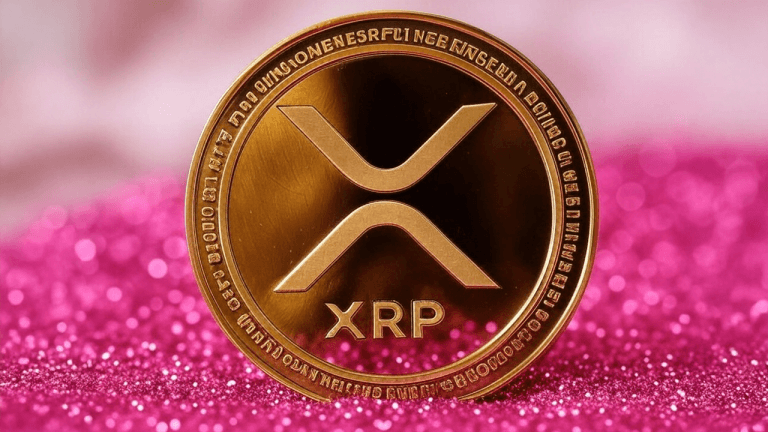


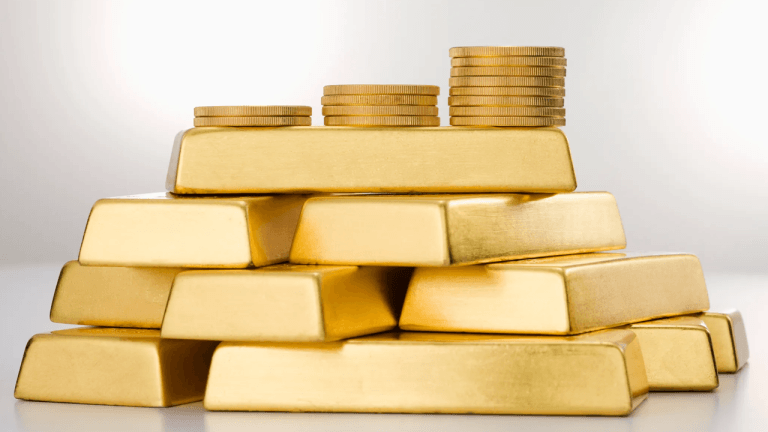
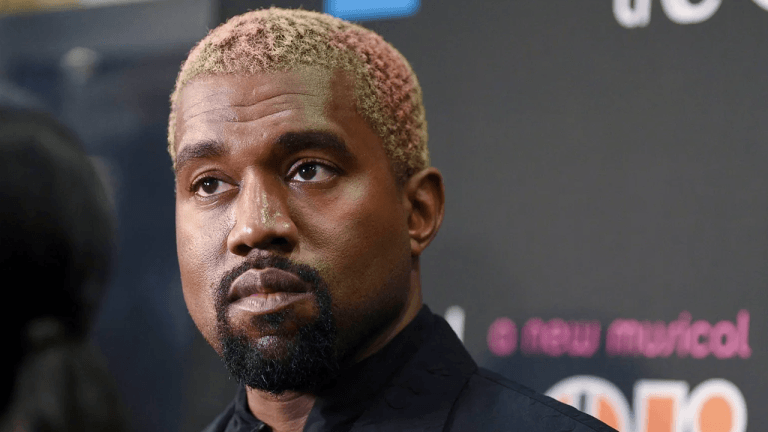


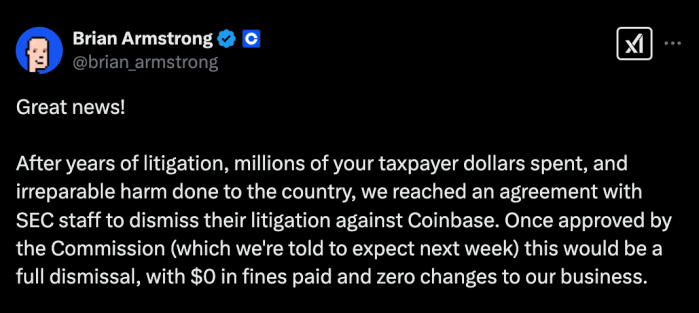

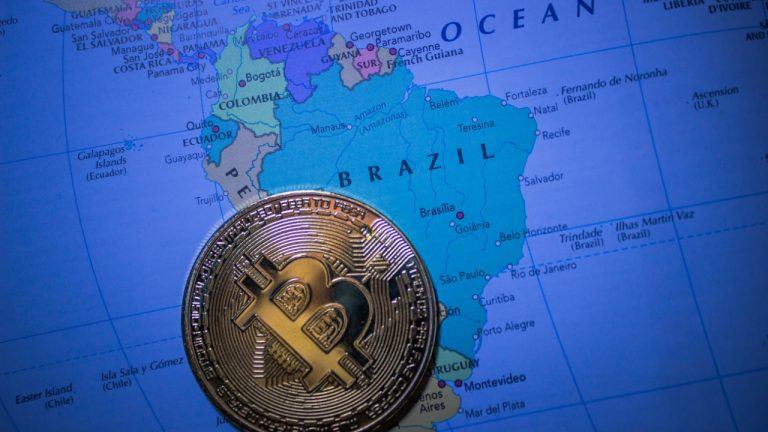
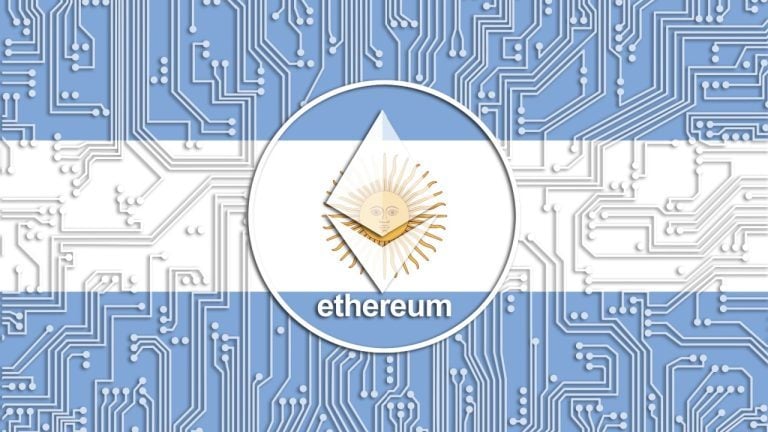
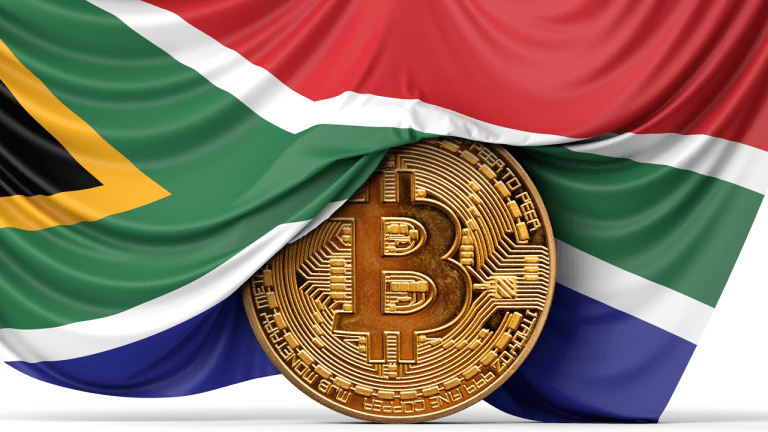



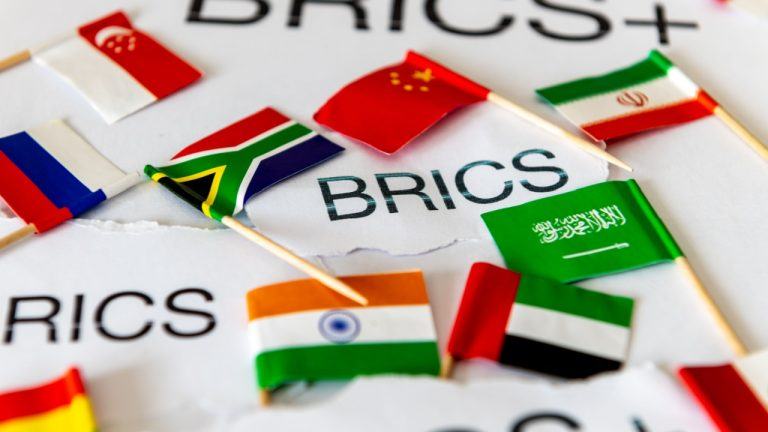
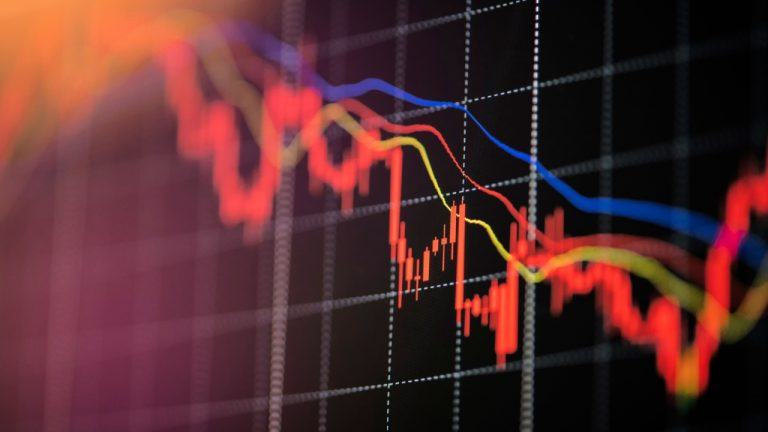
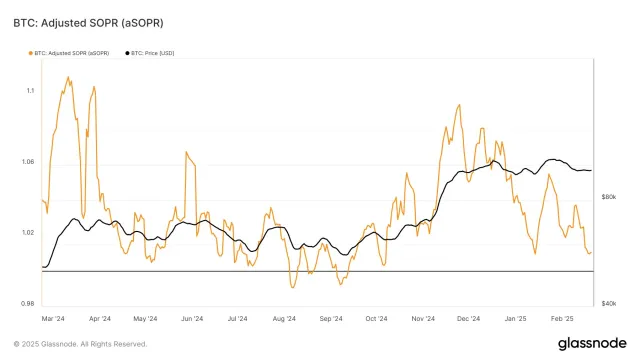
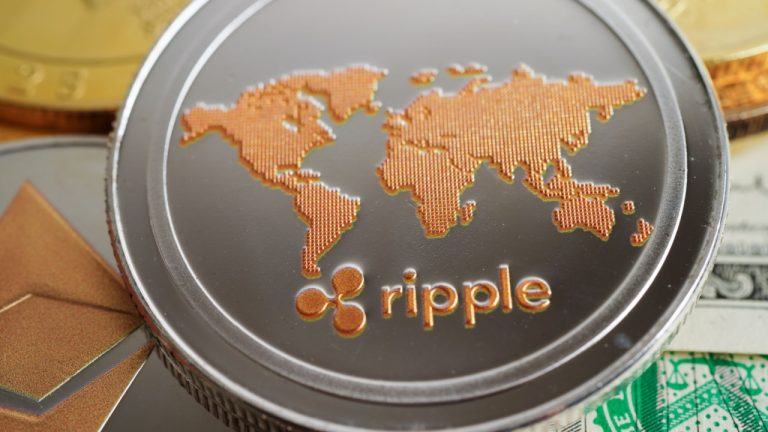
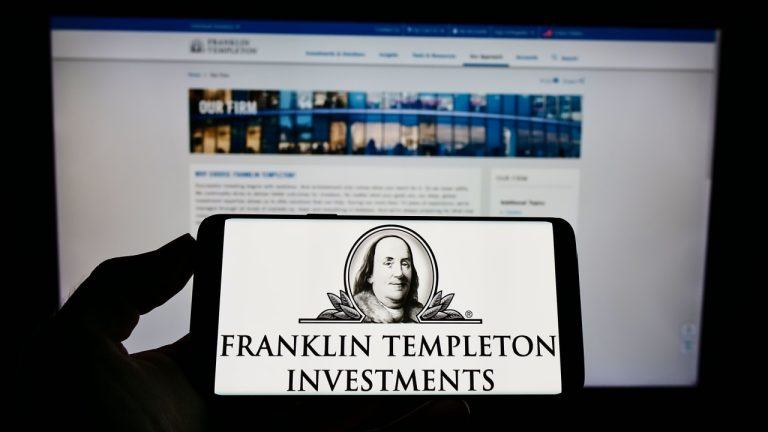
Comments